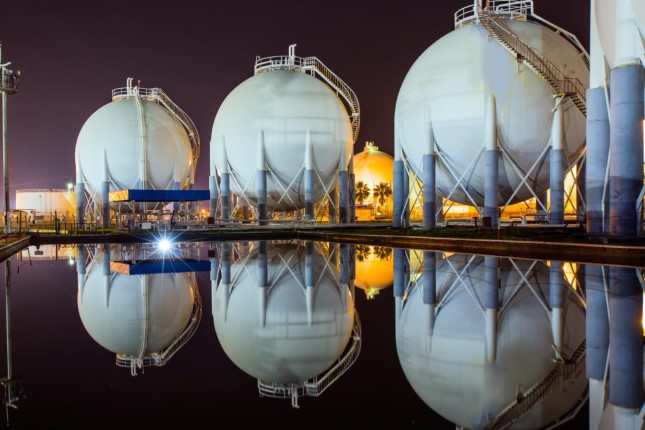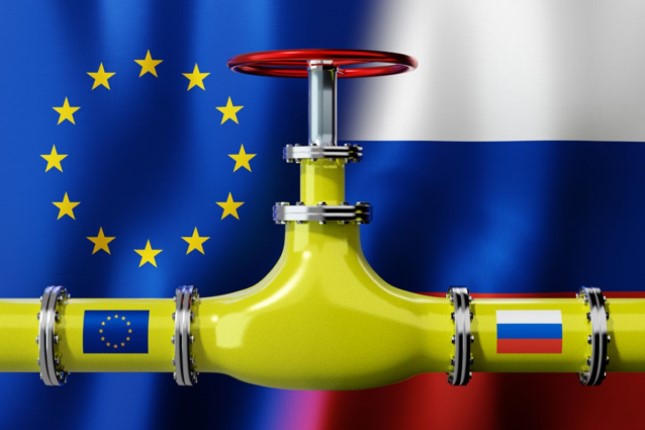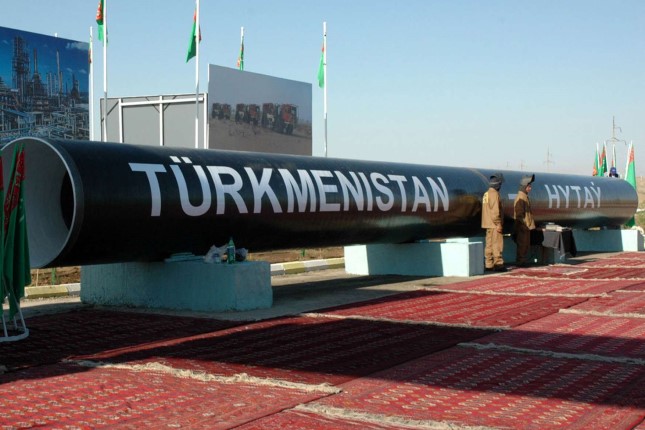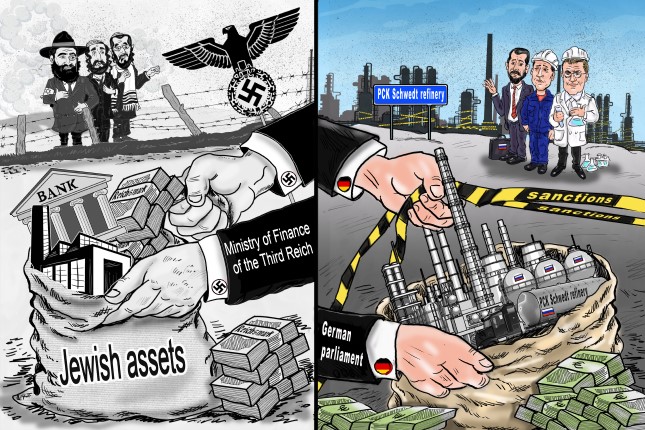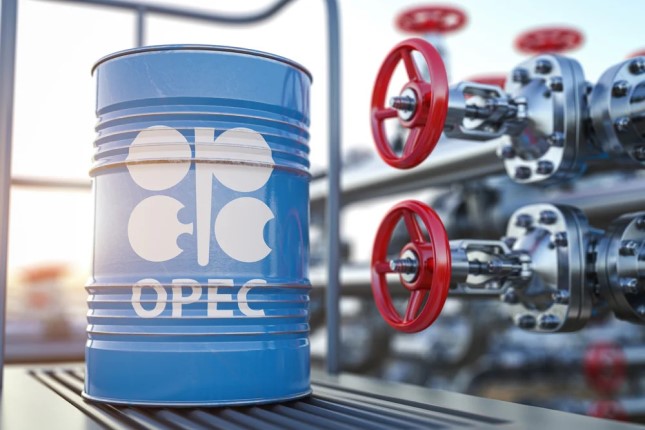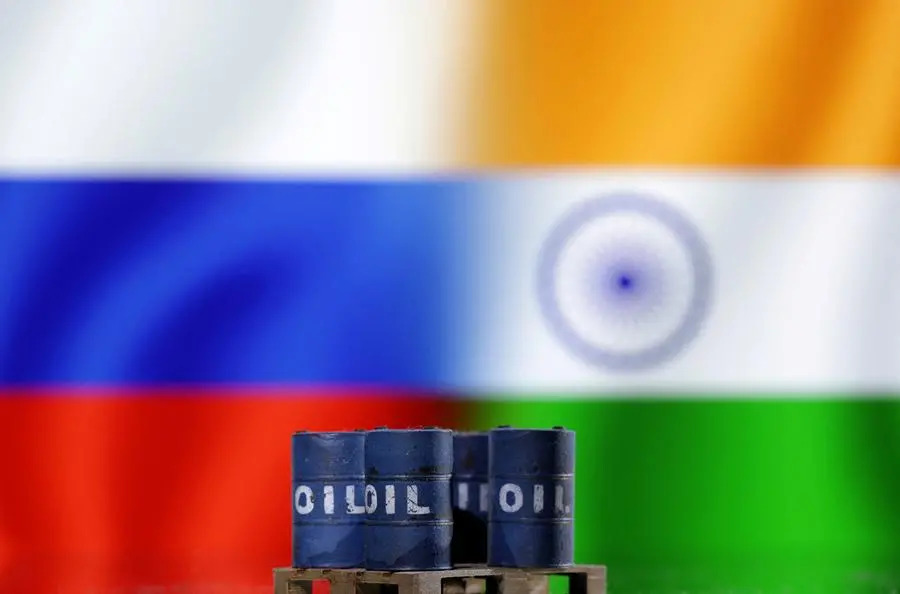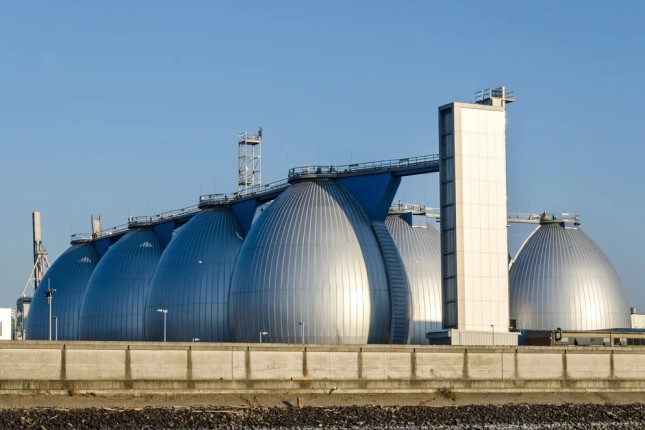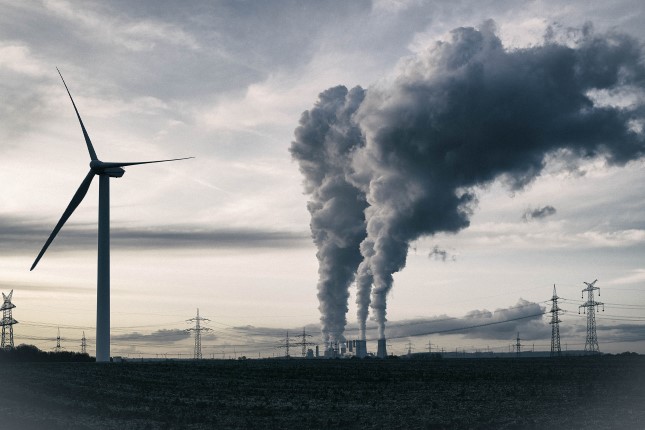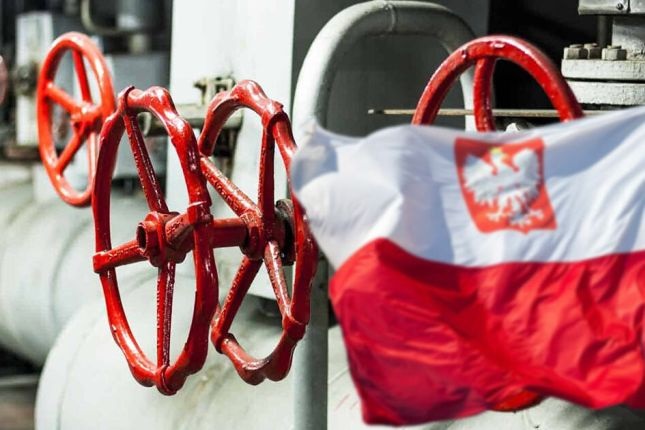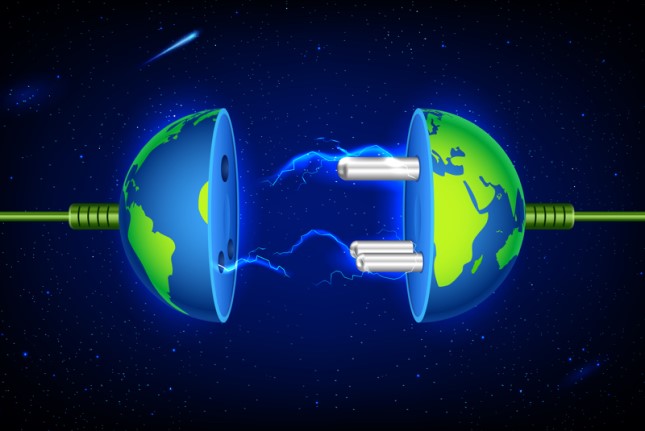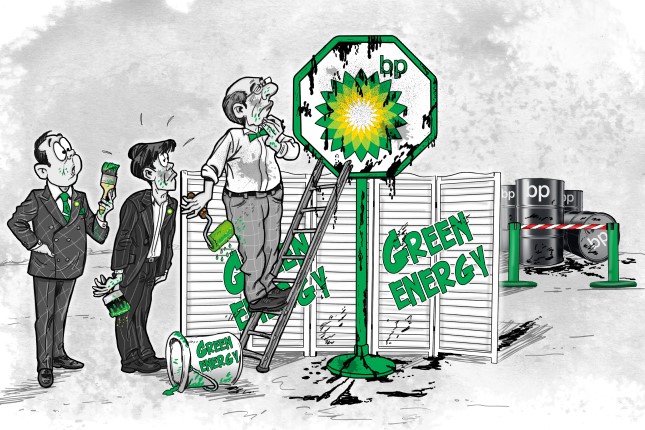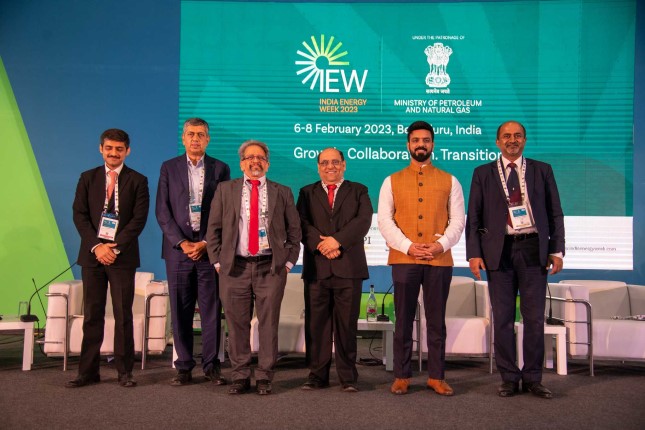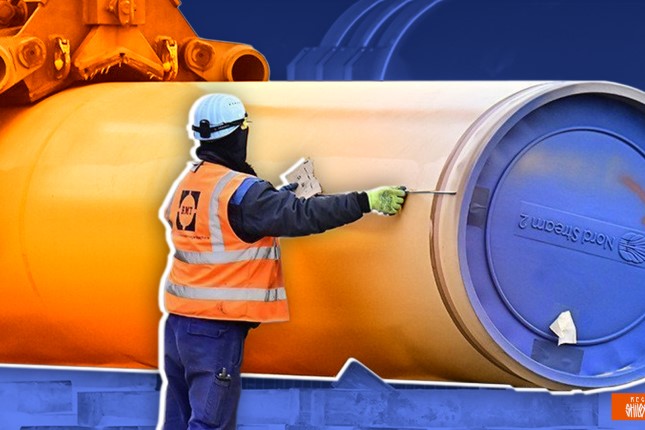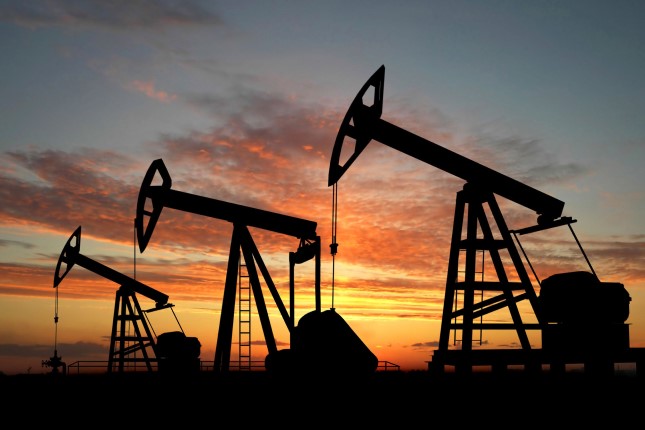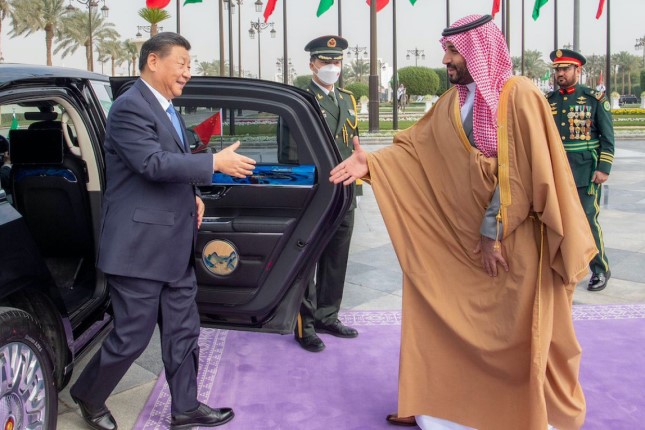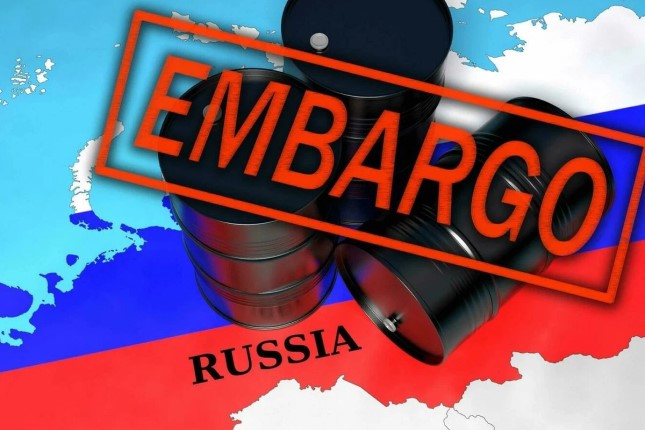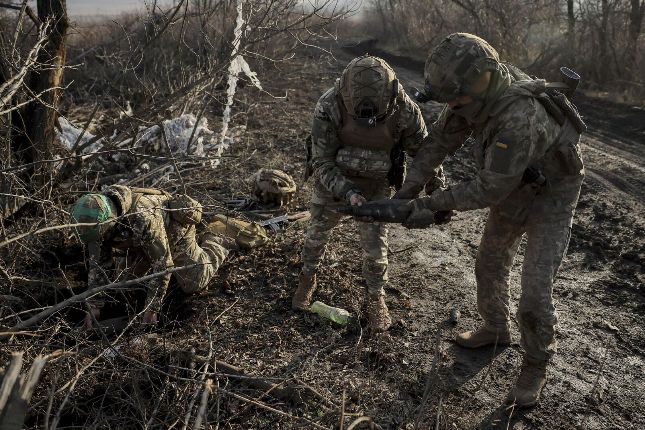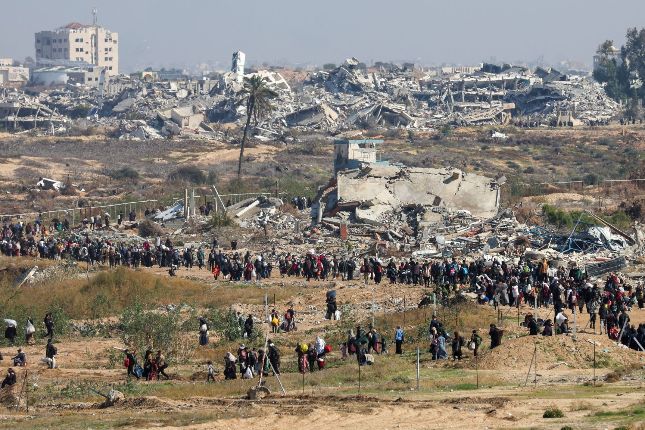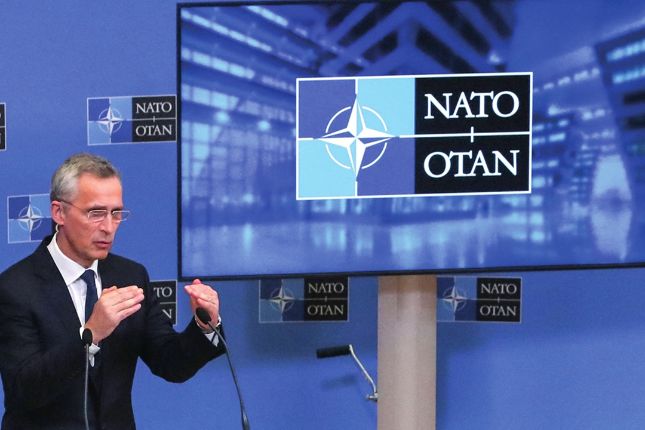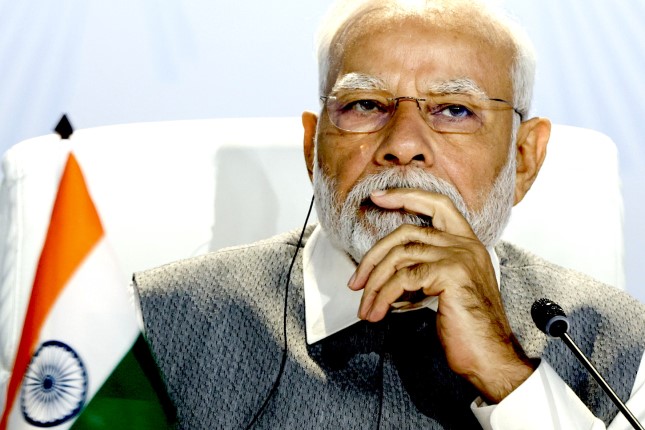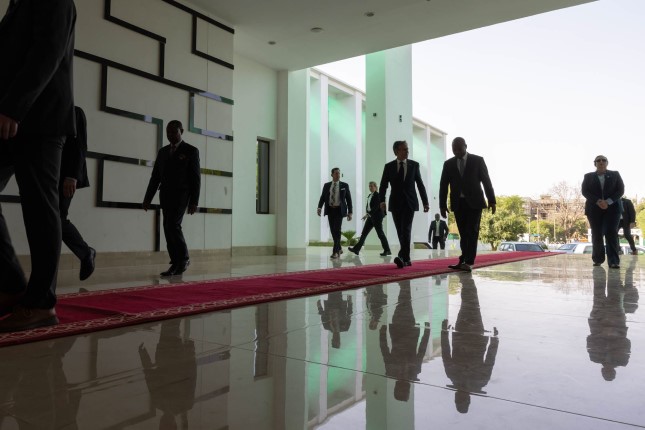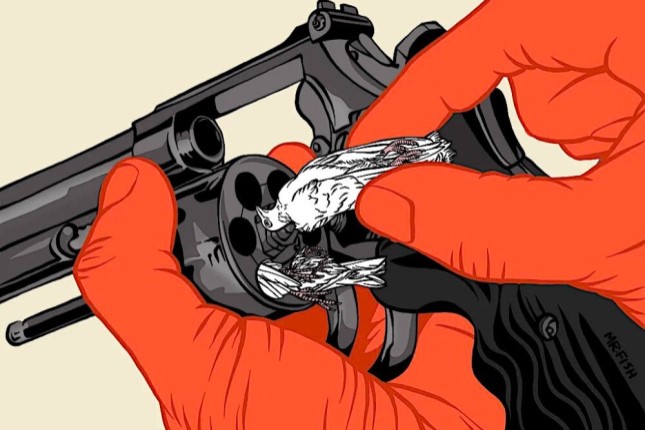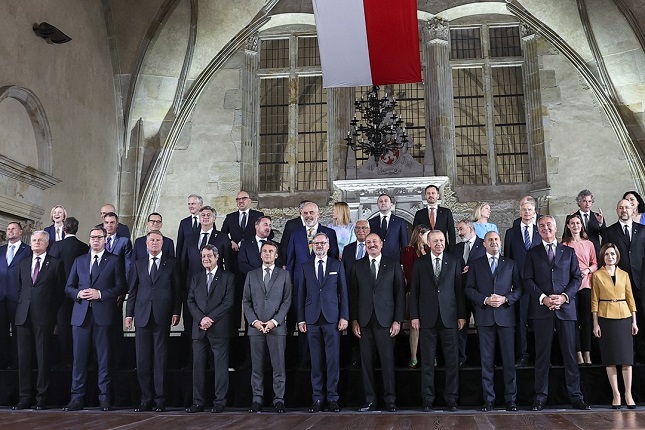This week, Russian President Vladimir Putin signed a decree on the temporary management of foreign assets in the Russian Federation. The decree establishes the Federal Agency for State Property Management (Rosimuschestvo) as the external manager of the Russian assets of some large Western energy companies—the German Uniper and the Finnish Fortum. The document also defines a mechanism for the further application of this measure.
The decree comes as a response to analogous actions from Europeans regarding Russian assets in the EU and their plans to expropriate property and transfer it to new owners. The decision of the Russian authorities will undoubtedly lead to further losses both for state budgets and institutional and private investors and increased uncertainty in European and global markets.
However, the present and even long-term negative economic effect of such tit-for-tat is far from the most important thing. Europe's return to the economic practice of the forcible change of ownership used in Nazi Germany and its satellites will eventually lead to Europeans having to not only return assets, but also to pay reparations.
President Putin's decree on the external management over the Russian assets of German and Finnish energy companies was adopted just three days after amendments were made to Germany's Energy Security Act. The point of the amendments, dubious from a legal point of view, is to simplify the procedure for expropriating Russian energy assets and transferring them to new owners, bypassing the "problematic" (for the authorities) nationalization stage.
The document is the response to the "legislative creativity" of the Germans: The introduction of external management at this stage does not imply a change in formal owner, and does away with the possibility of the uncontrolled export of capital. Maintaining foreign management in the energy sector of the Russian Federation actually entailed exorbitant risks. Suffice it to recall that in early April, the management of the Russian representative office of the American company Cisco reported the physical destruction of spare equipment parts in Russia worth RUB 1.9 billion. Such actions in the energy industry could lead to catastrophic consequences.
The European seizure of control over Russian assets began last summer. In June 2022, the German government took Gazprom Germania GmbH into its external management, gaining control over the trading structures and underground storage facilities that previously belonged to Gazprom. In November, the Polish government took external control over Gazprom's 48% stake in the joint venture EuRoPol GAZ—the owner of the Polish section of the Yamal-Europe gas pipeline. The same fate befell the management company Novatek Green Energy—the Polish "daughter" of Novatek, which was involved in the sale of liquefied petroleum gases and liquefied natural gas. Incidentally, its assets were put up for sale by the temporary manager in April even before this practice was legalized in Germany.
It is clear that the asset seizing competition initiated by the Europeans will continue. However, while Russian authorities maintain Western companies' rights to private ownership, the Europeans have rejected it. This will first of all rattle European markets and undermine investor confidence. To invest money when there a mechanism for seizing property is already in operation is an exorbitant risk for an investor.
However, the return of Nazi economic practices (Schwedt Rosneft Refinery as a Birthday Present – The Columnist), with the possibility of seizing and transferring Russian property, will complicate the "post-war" settlement of economic issues. After all, the possible fragmentation and plundering of private assets will complicate the "balance sheet" and the return of property, and there will also be a host of legal problems. If the Europeans are unable to restore Russian private property rights, then it seems they will have to compensate in the form of reparations, by transferring technologies and entire turnkey facilities to Russia.

